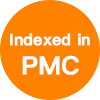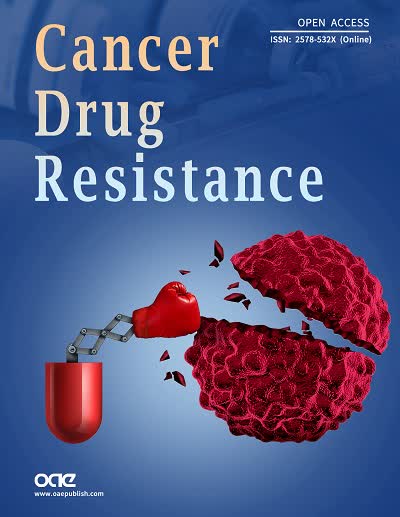fig1

Figure 1. The cellular response to radiation-induced DNA damage. Ionising radiation can generate a variety of DNA lesions, but where oxidative DNA base damage, abasic sites, and single-strand breaks (SSBs) predominate. The base excision repair (BER) pathway involves recognition of the damaged base by a damage-specific DNA glycosylase (DG) and incision of the abasic site by APE1. Following SSB generation and binding by poly(ADP-ribose) polymerase-1 (PARP-1), deoxyribosephosphate (dRP) removal and gap filling is conducted by Pol β prior to ligation by XRCC1-Lig IIIα. DNA double strand breaks (DSBs) are repaired by either non-homologous end-joining (NHEJ) in G0/G1 or by homologous recombination (HR) in S/G2 phase of the cell cycle. In NHEJ, two general pathways exist, c-NHEJ and a-NHEJ. c-NHEJ utilises Ku70/80 to bind the DNA ends, followed by DNA-Pkcs and XRCC4-Lig IV to promote DNA ligation. On the other hand, a-NHEJ involves DSB end-resection by the MRE11/RAD50/NBS1 (MRN)-C-terminal binding protein-interacting protein (CtIP) complex, PARP-1 binding to the DSB ends, and subsequent repair by XRCC1-Lig IIIα (or Lig I). During HR, DNA end-resection by the MRN complex promotes replication protein A (RPA) and RAD51 binding to the single stranded DNA overhangs in the company of BRCA1. This promotes strand invasion into the sister chromatid through a BRCA2-dependent process and subsequent DNA synthesis in the presence of RAD52/RAD54, followed by formation and resolving of Holliday junctions, completing the DSB repair process. Of note is that complex DNA damage (CDD) can consist of several different DNA lesions in close proximity and therefore is likely to utilise both BER and NHEJ/HR for repair












